
Sideline Stories: Ashley Patterson, Can-AM Crown International Musher
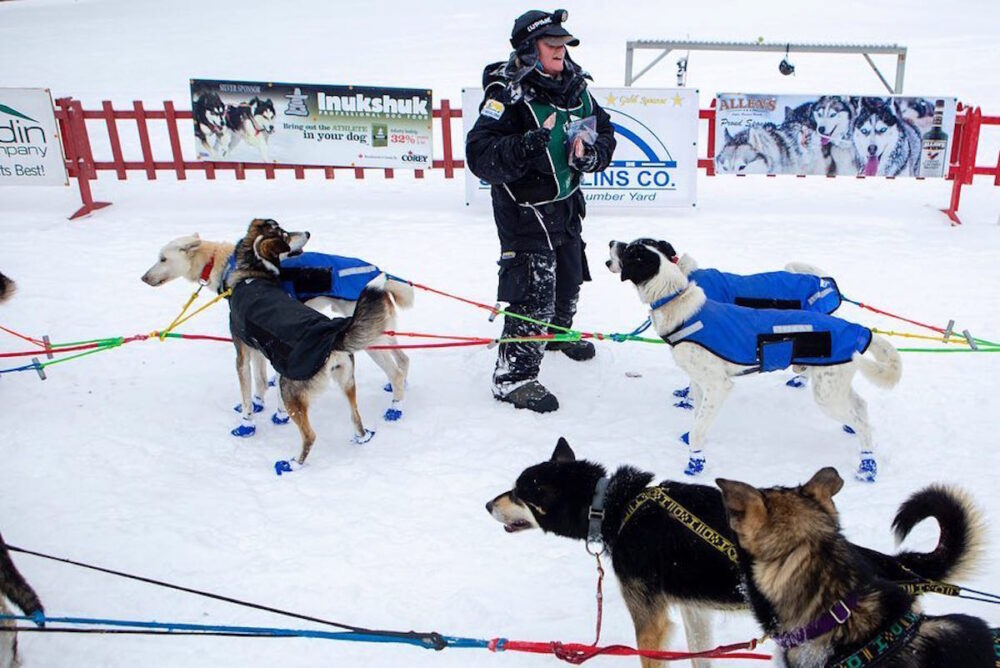
I’m pretty sure I was born with a love for the sport of competitive mushing. At the age of twelve, I began training dogs, and by the age of fourteen, I had my own nine-dog team. My passion for mushing continuously grew and I spent more time outdoors working with my dogs. Mushing became my lifestyle and I continue to live the sport day-in and day-out. I own and operate a professional racing kennel, Lone Wolf Kennel, located in Shirley, with my husband and training partner, Mark Patterson. Together we currently care for, love, and coach 38 four-legged, furry athletes.
Training our athletes for competitive racing is a year-long commitment. When there is no snow on the ground, a four-wheeler is used. Training is two days on, one day off. The training plan changes all the time, and it’s actually more like an hour-by-hour strategy. Mark and I usually begin the day with a brainstorming session. These factors must be considered: weather, trail conditions, traffic in the woods, and attitude of the dogs. By January, we have typically run 1,000 miles with our teams in all types of weather conditions. Ensuring our dogs are well-prepared for the race includes simulating the feeding routine and lay-over periods, camping out in the snow together, and most importantly, nurturing a strong bond with each dog.
All of this hard work always pays off! I’ve traveled across the country and crossed the Canadian Border to participate in races. One race I return to year after year is the Can-Am Crown International Sled Dog Races held in Fort Kent, Maine. I’ve finished the Can-Am 250, the event’s longest race, eight times, continually placing in the top 5. I completed my first Can-Am 250 at just eighteen years old, running in one of the most difficult race years the Can-Am has ever seen. I was also one of the first females and the youngest musher ever to complete the course. The year was 2003, and 18 inches of fresh snow fell during the fourth-leg, rendering the trails soft and powdery. This caused a marked slowdown for all of the teams. Many mushers started the race, but my team was one of only eleven to cross the finish line that year, placing fourth!
I enjoy the endless time spent training dogs to compete in such a challenging race. The Can-Am is both the dogs and my favorite race; we train on similar terrain at home. We enjoy the hills and wildlife seen while out on the trails in Fort Kent. It’s often we come across a fresh set of moose tracks, and when we’re really lucky, we watch as one strolls across the trail.
Although COVID-19 has brought a halt to racing this season we persevere and continue to train, keeping the 2022 races in the forefront of our minds. I train just like my dogs do; I eat right, stay hydrated, and exercise. This also means once the dogs get their treat for crossing the finish line, so do I. A cold beer after finishing the next Can-Am 250 is going to taste better than ever before!
Photos by Ashley L Conti

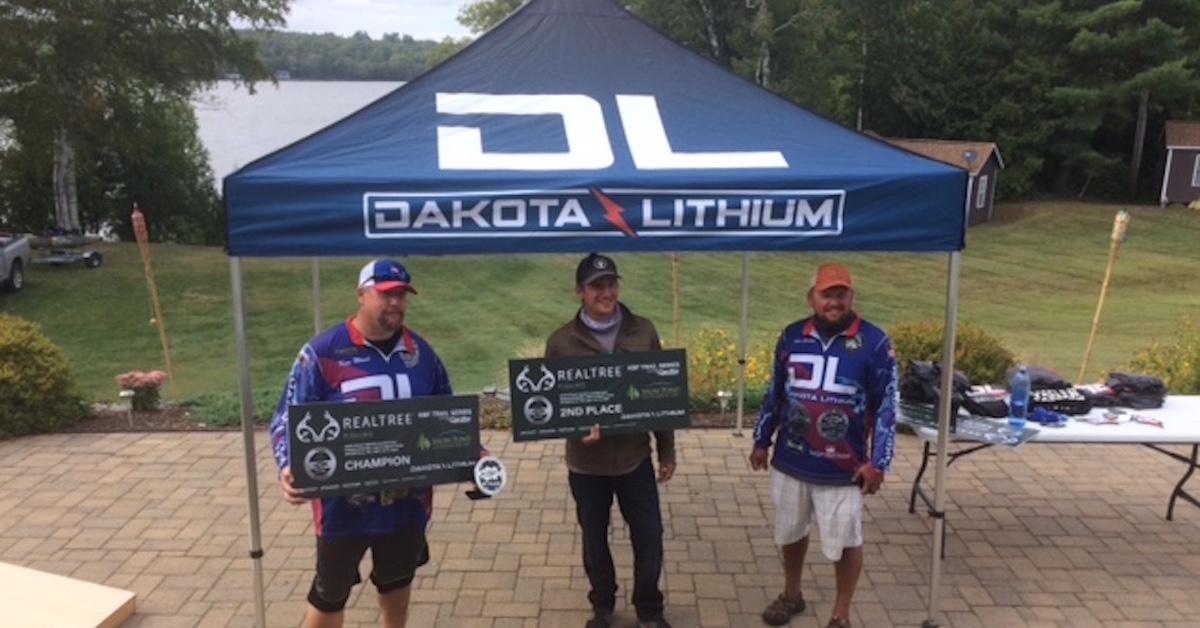

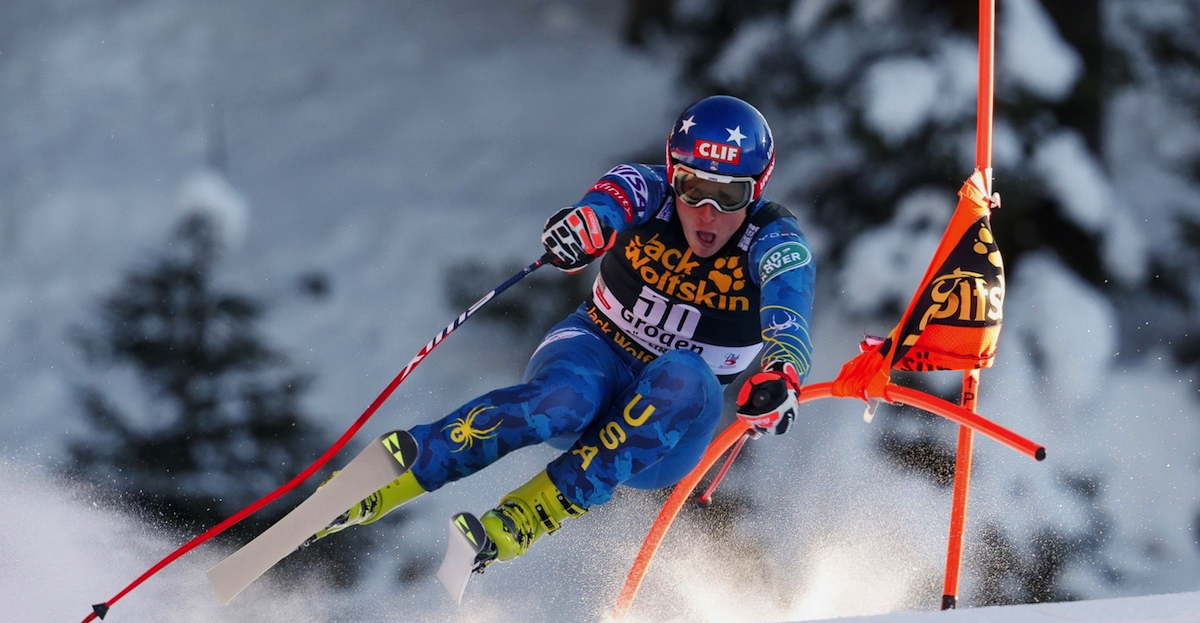
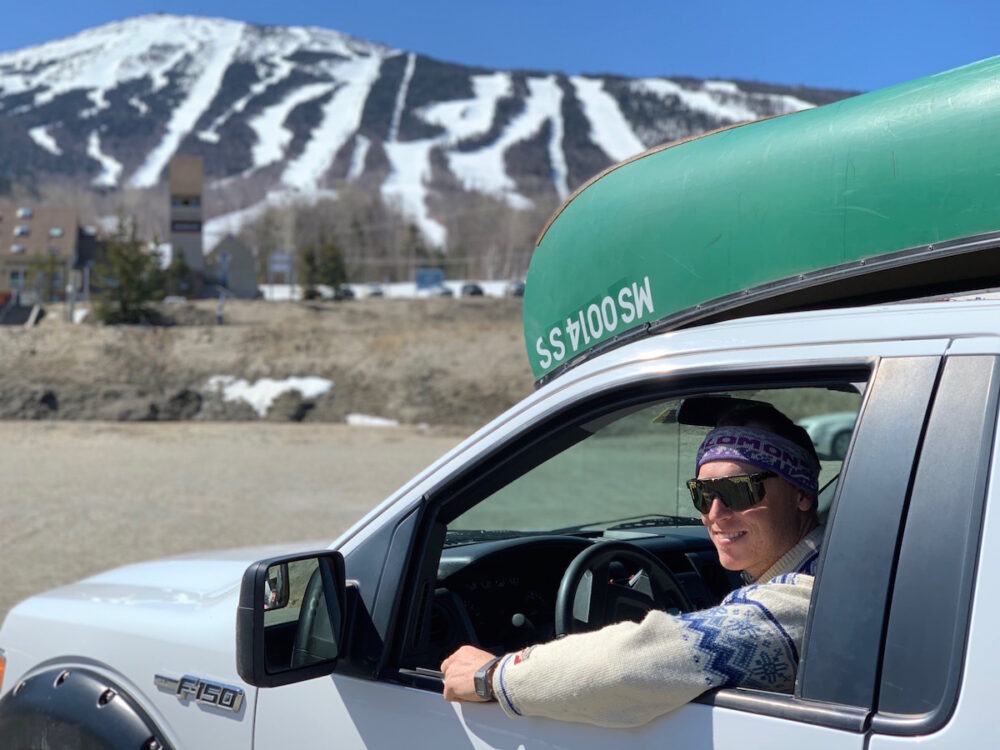

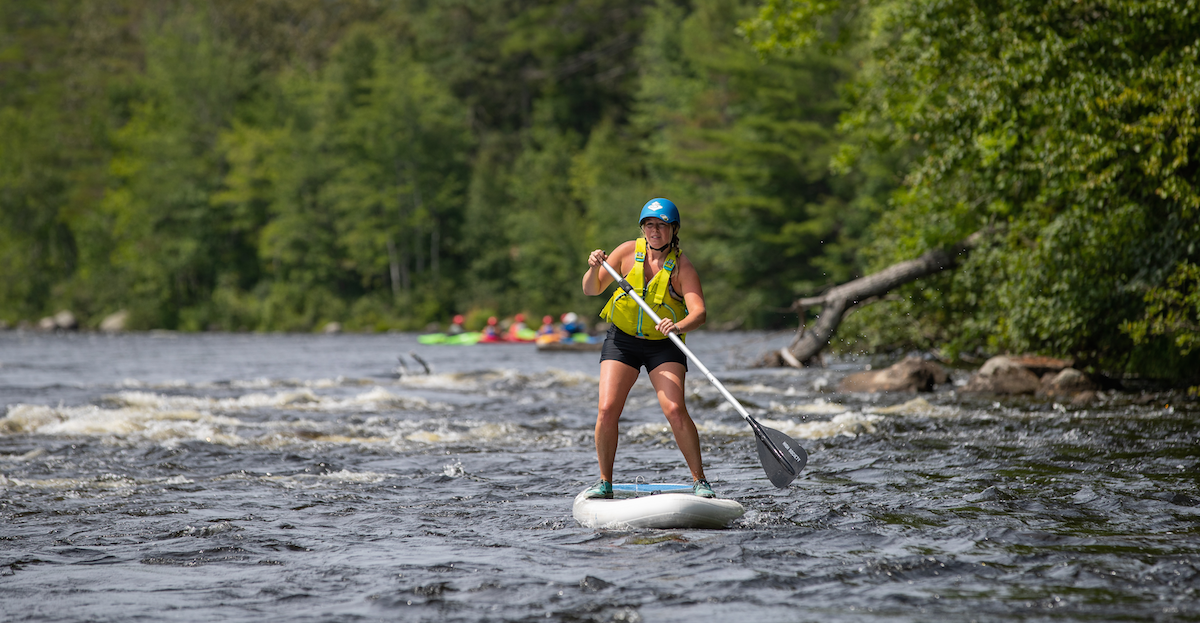
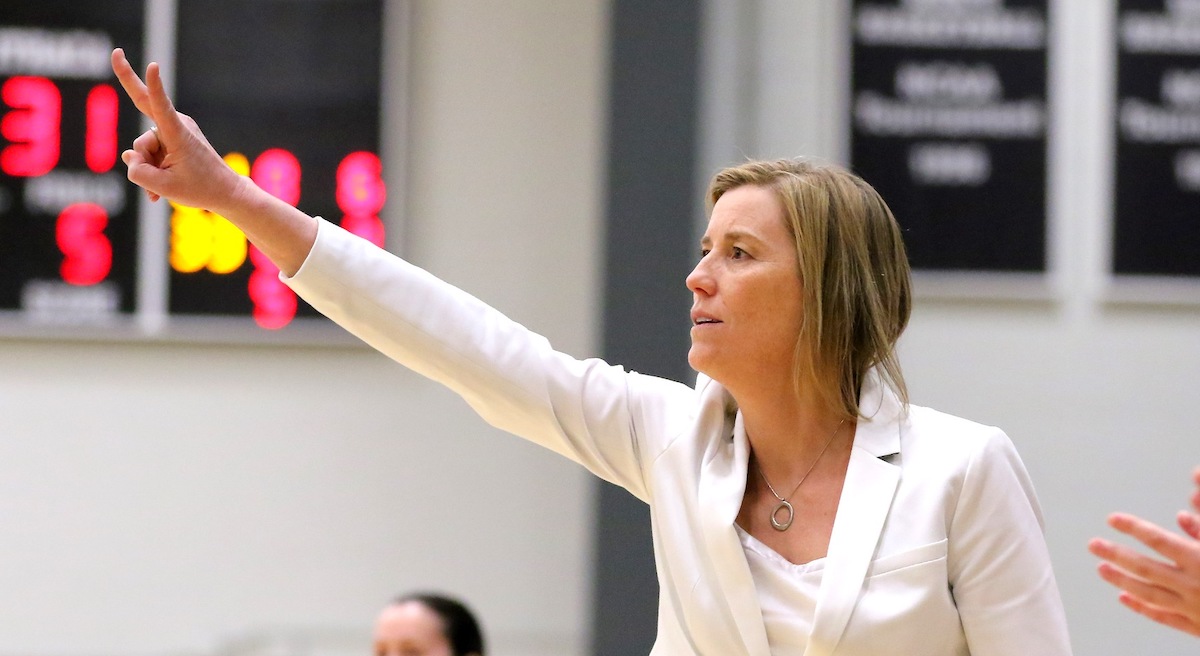
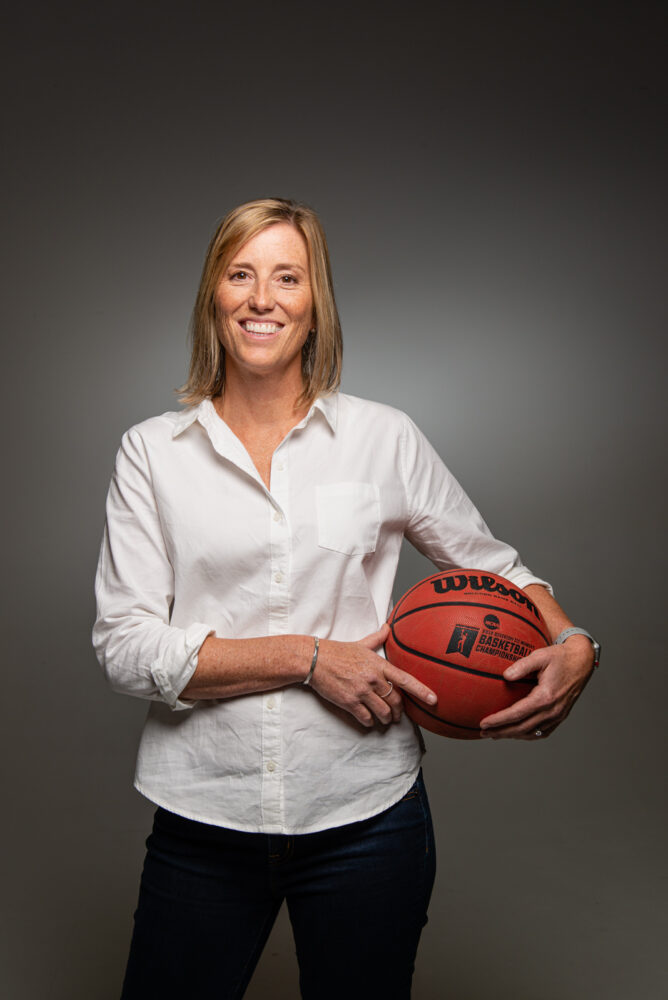 Opportunities for girls in sport were not vast in the 1980s, and I was far too insecure to participate in co-ed sport. It was the invitation of the high school basketball coach that made the ultimate difference in my life path. He stopped me in the hallway one day and asked if I would go out for the eighth-grade team. Some youth aren’t yet equipped to dare greatly and take risks. I needed encouragement to step into the arena, and Coach Downer changed my life that day.
Opportunities for girls in sport were not vast in the 1980s, and I was far too insecure to participate in co-ed sport. It was the invitation of the high school basketball coach that made the ultimate difference in my life path. He stopped me in the hallway one day and asked if I would go out for the eighth-grade team. Some youth aren’t yet equipped to dare greatly and take risks. I needed encouragement to step into the arena, and Coach Downer changed my life that day. 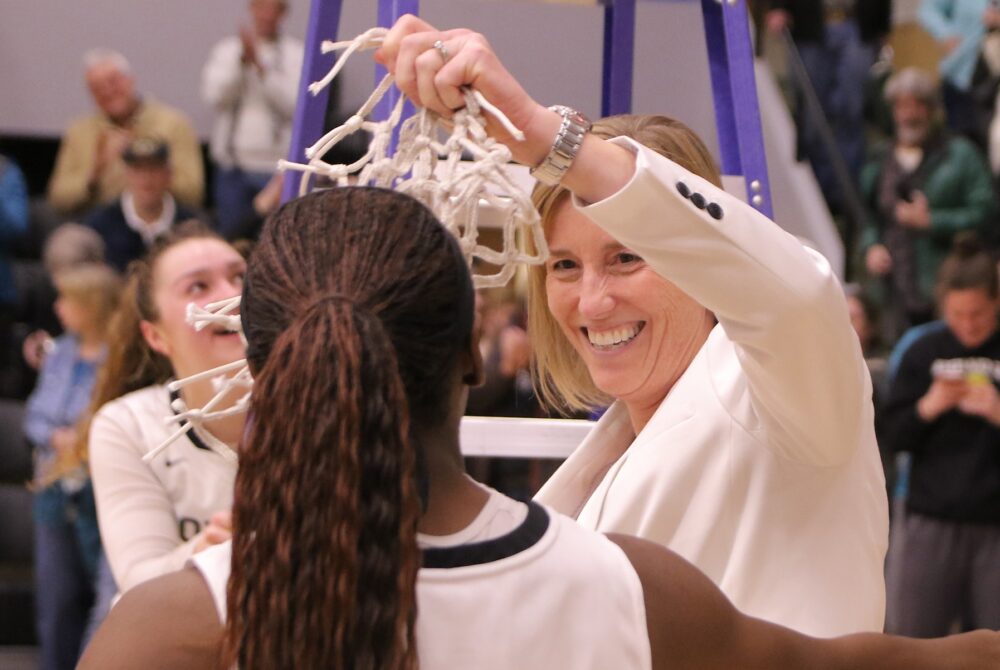 I have held various coaching roles over the years, instructing youth, high school, and collegiate athletes, and I have worked with the top young talent in the nation as a USA Basketball coach. Through each of these experiences, I have borne witness to the gifts of the game. Regardless of age or level, a healthy competitive experience can impact one’s life in a transformative manner.
I have held various coaching roles over the years, instructing youth, high school, and collegiate athletes, and I have worked with the top young talent in the nation as a USA Basketball coach. Through each of these experiences, I have borne witness to the gifts of the game. Regardless of age or level, a healthy competitive experience can impact one’s life in a transformative manner.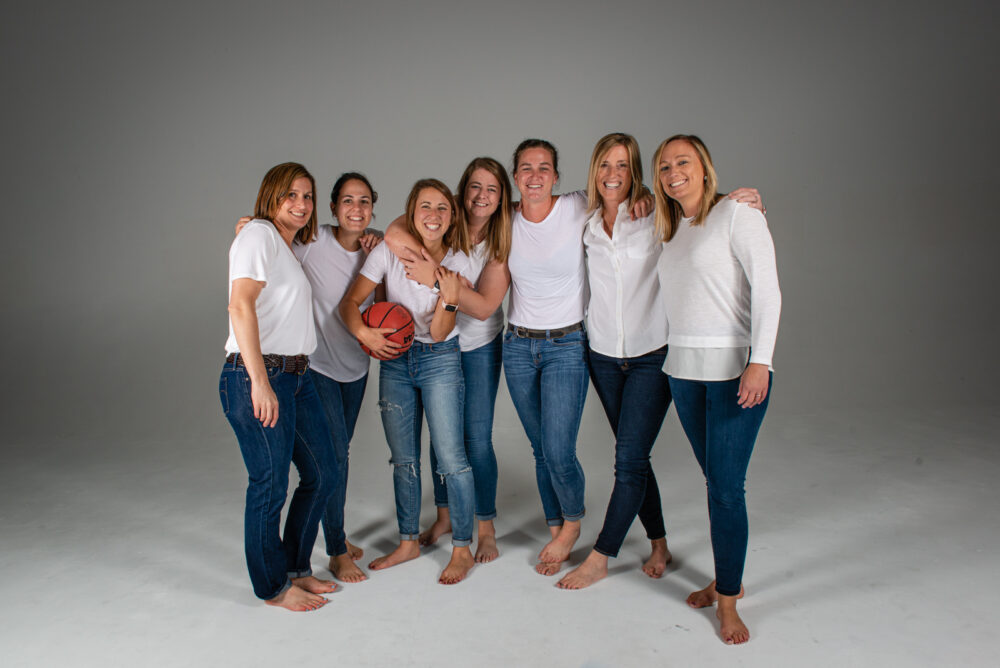 As I embark on my 30
As I embark on my 30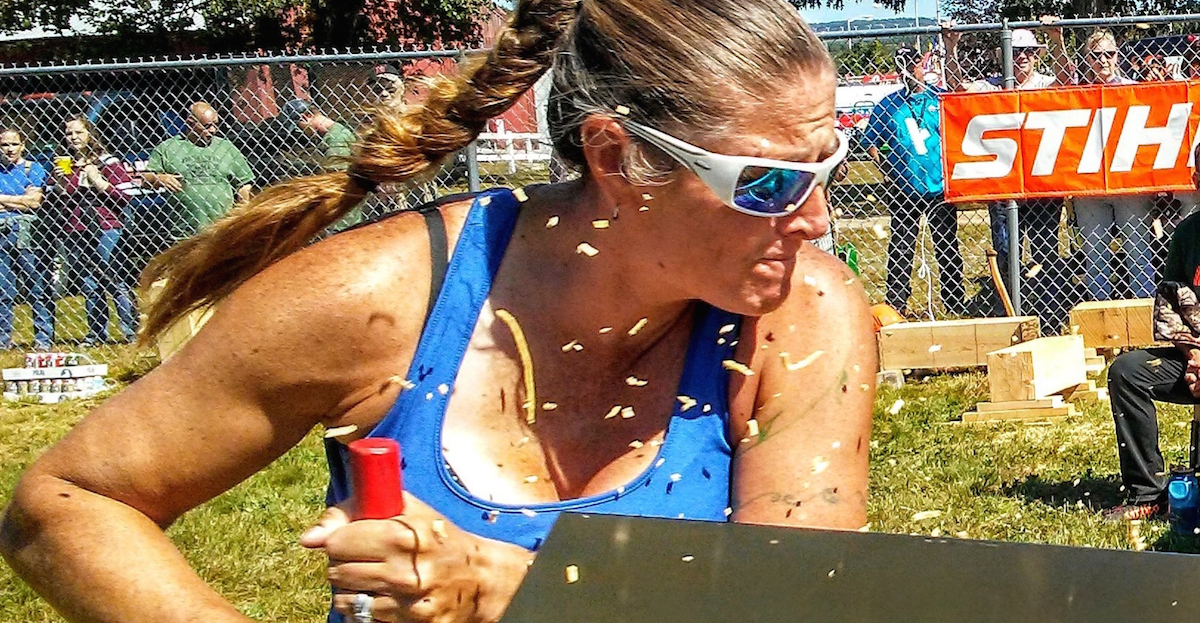

 2020 marks our 10th year in business; this was definitely a different year than we all had planned, with competitions canceled and 90% of our shows canceled or postponed. We’ve had much more free time than expected but made lemonade from lemons, worked hard on training, updated some of our equipment, and were able to begin a new chapter for AxeWomen! Our team has always been made up of world champions, world record holders and collegiate champions. This extra time allowed us to start the “AxeWomen Pathfinder Program,” welcoming teammates who are leaders in their professions – educators, law enforcement officers, scientists- who had shown interest and ability though had yet had the opportunity to compete professionally. We love our sport, and we love teaching our sport to others. This has been a perfect fit!
2020 marks our 10th year in business; this was definitely a different year than we all had planned, with competitions canceled and 90% of our shows canceled or postponed. We’ve had much more free time than expected but made lemonade from lemons, worked hard on training, updated some of our equipment, and were able to begin a new chapter for AxeWomen! Our team has always been made up of world champions, world record holders and collegiate champions. This extra time allowed us to start the “AxeWomen Pathfinder Program,” welcoming teammates who are leaders in their professions – educators, law enforcement officers, scientists- who had shown interest and ability though had yet had the opportunity to compete professionally. We love our sport, and we love teaching our sport to others. This has been a perfect fit!
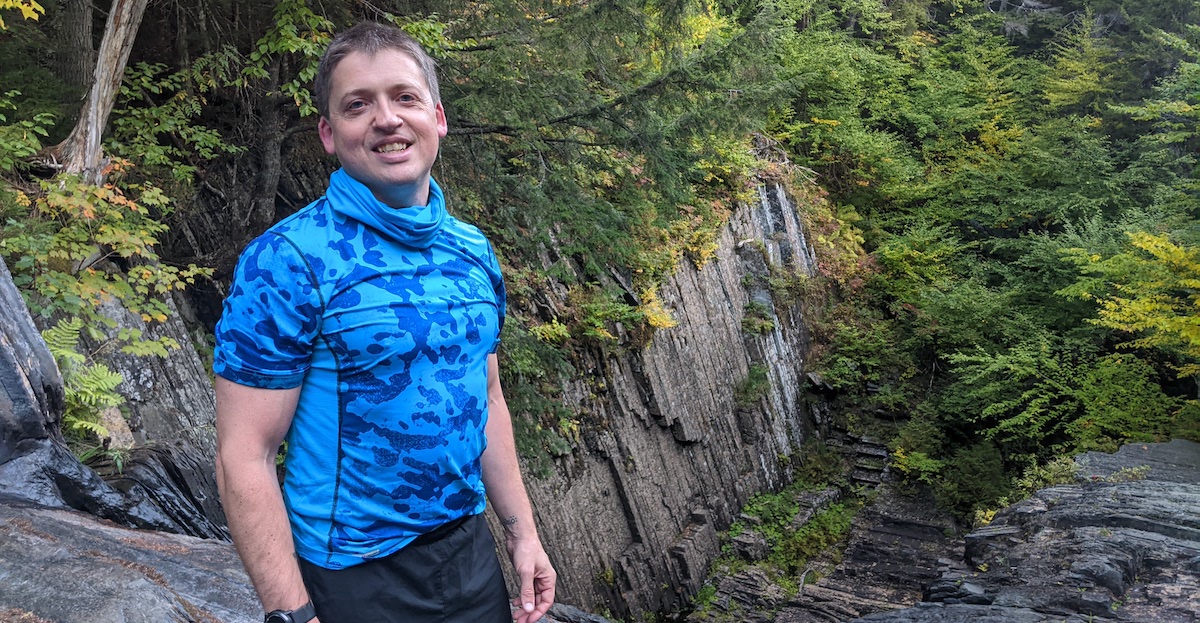
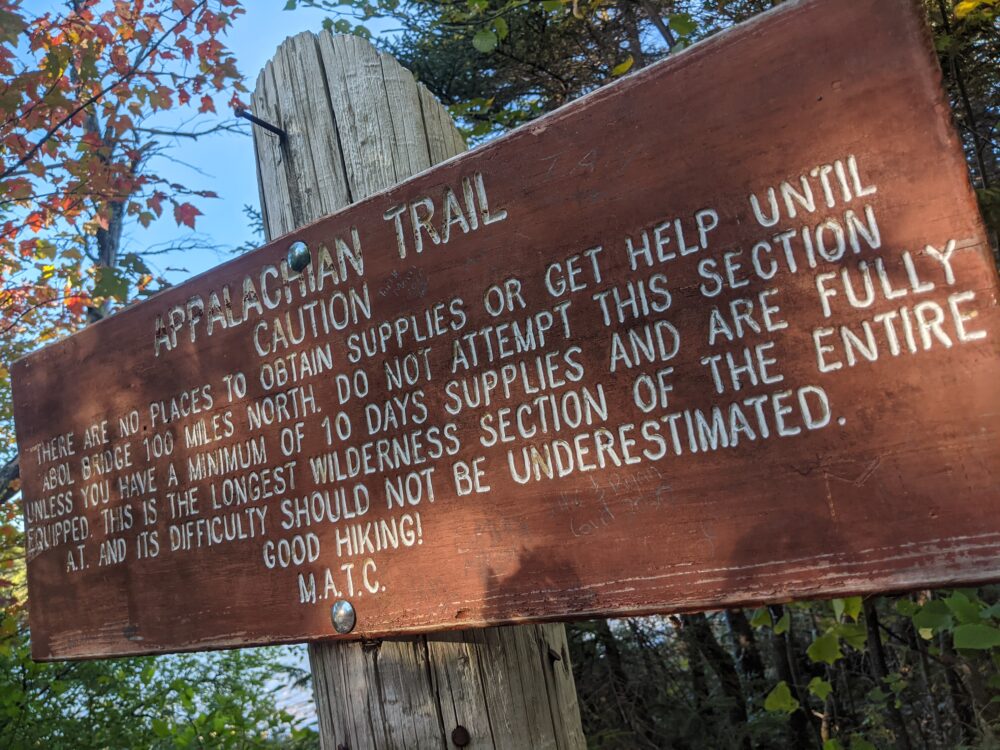 My 29 years of running have all led to my recent desire to tackle the daunting task of my first 100-mile run. My course of choice, Maine’s 100 Mile Wilderness. The wilderness terrain is unforgiving with lots of elevation and technical foot placements nearly every step. Over the course of 37 hours, my trail running partner, Brian Emerson, and I would face this challenge head-on, together. With the exception of a no-choice, sleep deprivation 20-minute power nap on my part, we kept a steady pace and finished the course strong. We had our aches and pains along the way, but I thoroughly enjoyed pushing my body to the edge, being on the trail for hours on end, and trying to find my limit.
My 29 years of running have all led to my recent desire to tackle the daunting task of my first 100-mile run. My course of choice, Maine’s 100 Mile Wilderness. The wilderness terrain is unforgiving with lots of elevation and technical foot placements nearly every step. Over the course of 37 hours, my trail running partner, Brian Emerson, and I would face this challenge head-on, together. With the exception of a no-choice, sleep deprivation 20-minute power nap on my part, we kept a steady pace and finished the course strong. We had our aches and pains along the way, but I thoroughly enjoyed pushing my body to the edge, being on the trail for hours on end, and trying to find my limit.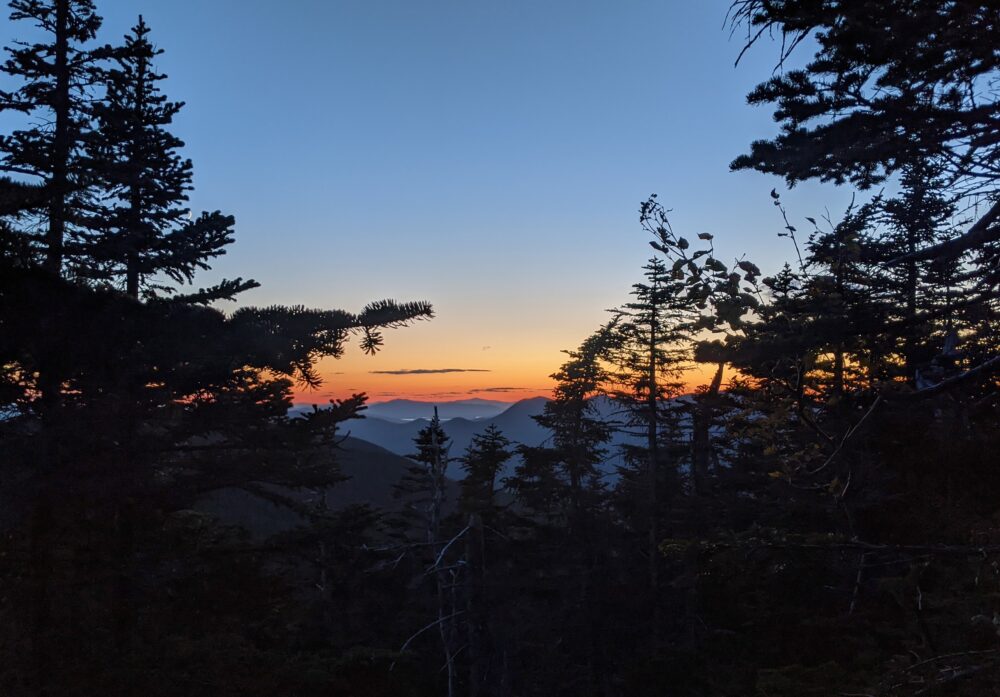 I don’t think I found it out there on this trail, but I know I was close. Part of me will always wonder, how far could we have gone if we just kept going that day? It is that wonderment, that passion, and love for being out on a remote trail or mountain, that will keep me going for years to come. I may not be setting the fastest known times, or be even close to them, but I am there just the same, hitting the trails in the darkest hours, pushing my limits, with my lungs burning, sweat pouring off me, and those same muscles of my first trail run striving to keep up to my heart’s truest desire. How far can I go?
I don’t think I found it out there on this trail, but I know I was close. Part of me will always wonder, how far could we have gone if we just kept going that day? It is that wonderment, that passion, and love for being out on a remote trail or mountain, that will keep me going for years to come. I may not be setting the fastest known times, or be even close to them, but I am there just the same, hitting the trails in the darkest hours, pushing my limits, with my lungs burning, sweat pouring off me, and those same muscles of my first trail run striving to keep up to my heart’s truest desire. How far can I go?